1-overviews
- A full visual control of Data Capture device(24ports * 10GE SFP+ port)
- A full Data Scheduling Management device(Max 12*10GE ports duplex Rx/Tx processing)
- A full pre-processing and re-distribution device(bidirectional bandwidth 240Gbps)
- Supported collection & reception of link data from different network element locations
- Supported collection & reception of link data from different switch routing nodes
- Supported raw packet captured, identified, analyzed, statistically summarized and marked
- Supported raw packet output for monitoring equipment of BigData Analysis, Protocol Analysis, Signaling Analysis, Security Analysis, Risk Management and other required traffic.
- Supported real-time packet capture analysis, data source identification, and real-time/historical network traffic search

2- System Block Diagram
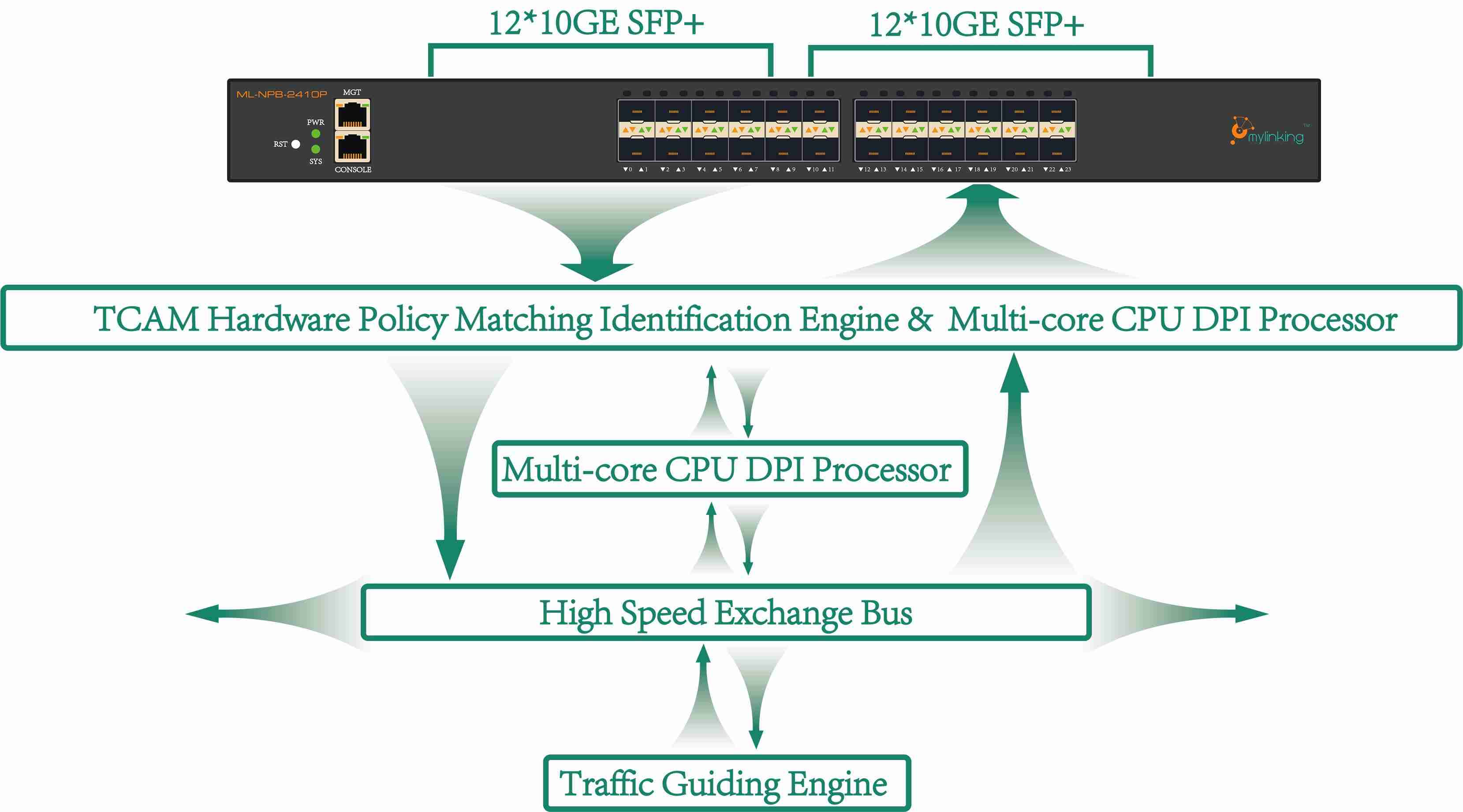
3- Intelligent Traffic Processing Abilities

ASIC Chip Plus Multicore CPU
Network Packet Broker up to 240Gbps intelligent traffic processing capabilities

10GE Data Capture
10GE 24 ports, Max 12*10GE ports Rx/Tx duplex processing, up to 240Gbps Traffic Data Transceiver at same time, for network Data Acquisition, simple Pre-processing

Data Replication
Packet replicated from 1 port to multiple N ports, or multiple N ports aggregated, then replicated to multiple M ports

Data Aggregation
Packet replicated from 1 port to multiple N ports, or multiple N ports aggregated, then replicated to multiple M ports

Data Distribution/Forwarding
Classified the incoming metdata accurately and discarded or forwarded different data services to multiple interface outputs according to user’s predefined rules.

Data Filtering
Supported L2-L7 packet filtering matching, such as SMAC, DMAC, SIP, DIP, Sport, Dport, TTL, SYN, ACK, FIN, Ethernet type field and value, IP protocol number, TOS, etc. also supported flexible combination of up to 2000 filtering rules.
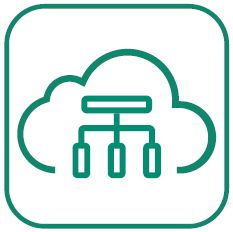
Load Balance
Supported load balance Hash algorithm and session-based weight sharing algorithm according to L2-L7 layer characteristics to ensure that the port output traffic dynamic of load balancing
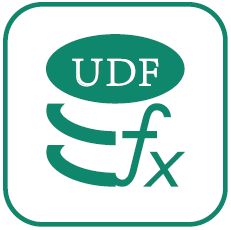
UDF Match
Supported the matching of any key field in the first 128 bytes of a packet. Customized the Offset Value and Key Field Length and Content, and determining the traffic output policy according to the user configuration

VLAN Tagged

VLAN Untagged
Supported the matching of any key field in the first 128 bytes of a packet. The user can customize the offset value and key field length and content, and determine the traffic output policy according to the user configuration.

VLAN Replaced
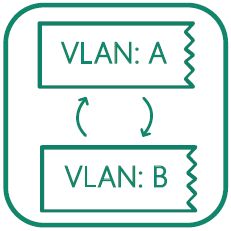
MAC Address Replacement
Supported the replacement of the destination MAC address in the original data packet, which can be implemented according to the user's configuration

3G/4G Mobile Protocol Recognition/Classification
Supported to identify mobile network elements such as (Gb, Gn, IuPS, S1-MME, S1-U, X2-U, S3, S4, S5, S6a, S11, etc. interface). You can implement traffic output policies based on features such as GTPV1-C, GTPV1-U, GTPV2-C, SCTP, and S1-AP based on user configurations.

IP Datagram Reassembly
Supported IP fragmentation identification and supports reassembly of IP fragmentation so as to implement L4 feature filtering on all IP fragmentation packets. Implement traffic output policy.

Ports Healthy Detection
Supported real-time detection of the service process health of the back-end monitoring and analysis equipment connected to different output ports. When the service process fails, the faulty device is automatically removed. After the faulty device is recovered, the system automatically returns to the load balancing group to ensure the reliability of multi-port load balancing.

Time Stamping
Supported to synchronize the NTP server to correct the time and write the message into the packet in the form of a relative time tag with a timestamp mark at the end of the frame, with the accuracy of nanoseconds

VxLAN, VLAN, MPLS Untagged
Supported the VxLAN, VLAN, MPLS header in the original data packet is stripped and output.
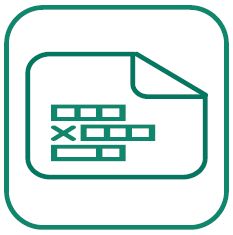
Data De-duplication
Supported port-based or policy-level statistical granularity to compare multiple collection source data and repeats of same data packet at a specified time. Users can choose different packet identifiers (dst.ip, src.port, dst.port, tcp.seq, tcp.ack)

Data Slicing
Supported policy-based slicing (64-1518 bytes optional) of the raw data, and the traffic output policy can be implemented based on user configuration

Classified Data Hidden/Masking
Supported policy-based granularity to replace any key field in the raw data in order to achieve the purpose of shielding sensitive information. According to user configuration, the traffic output policy can be implemented.

Tunneling Protocol Identify
Supported automatically identify various tunneling protocols such as GTP / GRE / PPTP / L2TP / PPPOE. According to the user configuration, the traffic output strategy can be implemented according to the inner or outer layer of the tunnel

APP Layer Protocol Identify
Supported commonly used application layer protocol identification, such as FTP, HTTP, POP, SMTP, DNS, NTP, BitTorrent, Syslog, MySQL, MsSQL and so on

Video Traffic Filtering
Supported identify Video Protocol, such as: Youtube, RTSP, MSTP, Youku, etc. According to user configuration, the traffic output policy can be implemented.

Mail Protocol Identify
Supported identify Email Protocol such as: SMTP, POP3, IMAP, SMTP, etc. According to user configuration, the traffic output policy can be implemented.

Game Protocol Identify
Supported identify Game Protocol such as: World of Warcraft, Warecraft, Half-life, Battlefield, games on steam platform, etc. According to user configuration, the traffic output policy can be implemented.

Online Chat Tools Identify
Supported identify Instant Messaging Protocol, such as: Messager, WhatsAPP, Skype, Wechat, QQ, Alitalk, etc. According to user configuration, the traffic output policy can be implemented.

Packet Capturing
Supported port-level, policy-level packet capture from source physical ports within filter of Five-Tuple field in real time

Real-time Traffic Trend Monitoring
Supported real-time monitoring and statistics on port-level and policy-level data traffic, to show the RX / TX rate, receive / send bytes, No., RX / TX the number of errors, the maximum income / hair rate and other key indicators.

Traffic Trend Alarming
Supported port-level, policy-level data traffic monitoring alarms by setting the alarm thresholds for each port and each policy flow overflow.

Historical Traffic Trend Review
Supported port-level, policy-level nearly 2 months of historical traffic statistics query. According to the days, hours, minutes and other granularity on the TX/RX rate, TX/RX bytes, TX/RX messages, TX/RX error number or other information to query select.

Packet Analysis
Supported the captured datagram analysis, including abnormal datagram analysis, stream recombination, transmission path analysis, and abnormal stream analysis

Unified Control Platform
Supported Mylinking™ Visibility Control Platform Access

1+1 Redundant Power System(RPS)
Supported 1+1 Dual Redundant Power System
4- Typical Application Structures
4.1 Mylinking™ Network Packet Broker Centralized Traffic Capturing, Replication/Aggregation Application(as following)

4.2 Mylinking™ Network Packet Broker Unified Schedule Application for Data Monitoring(as following)

4.3 Mylinking™ Network Packet Broker Data De-duplication Application(as following)
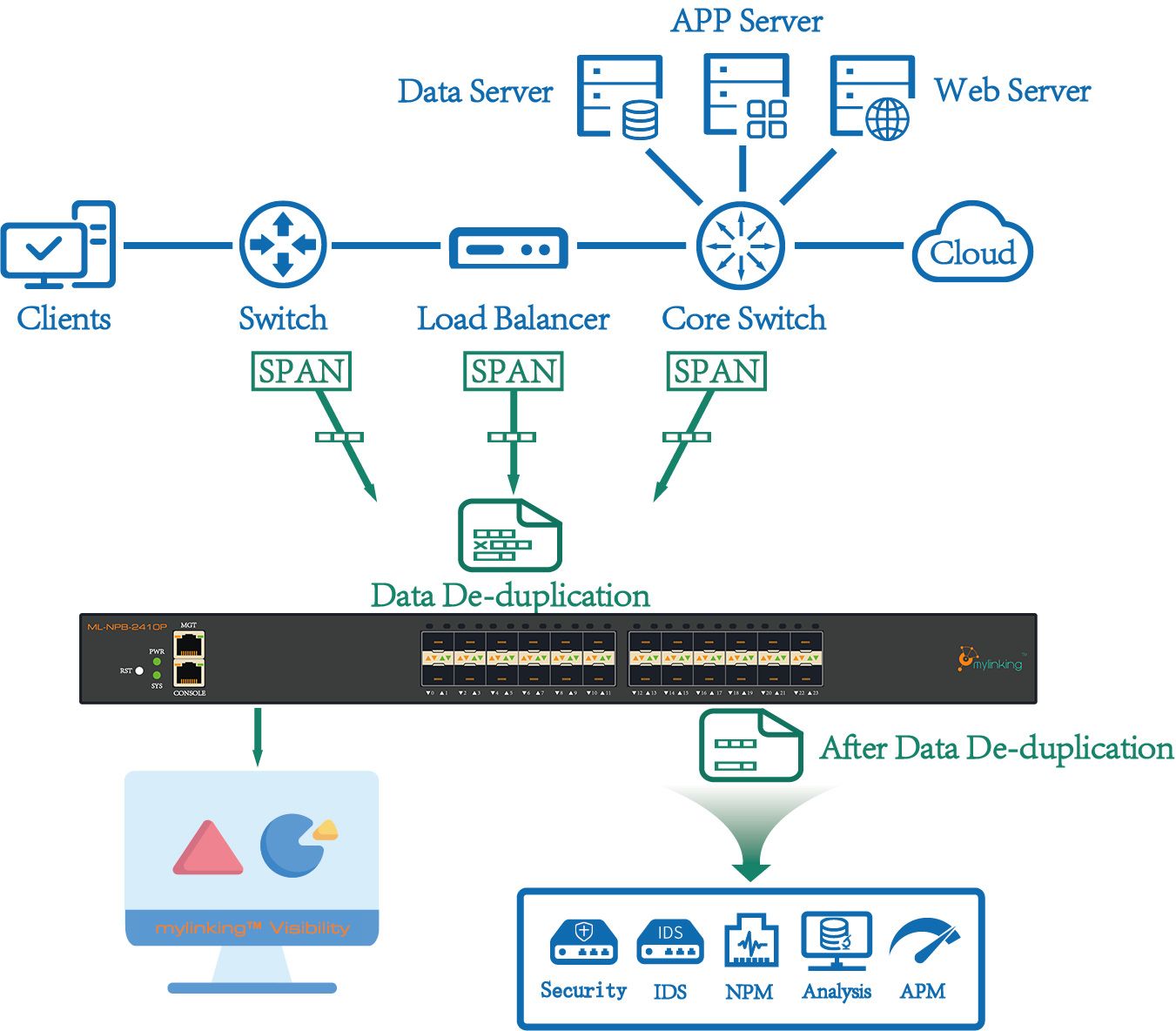
4.4 Mylinking™ Network Packet Broker Data Slicing Application(as following)

4.5 Mylinking™ Network Packet Broker Hybrid Access Application for Network Flow Capturing/Replication/Aggregation (as following)
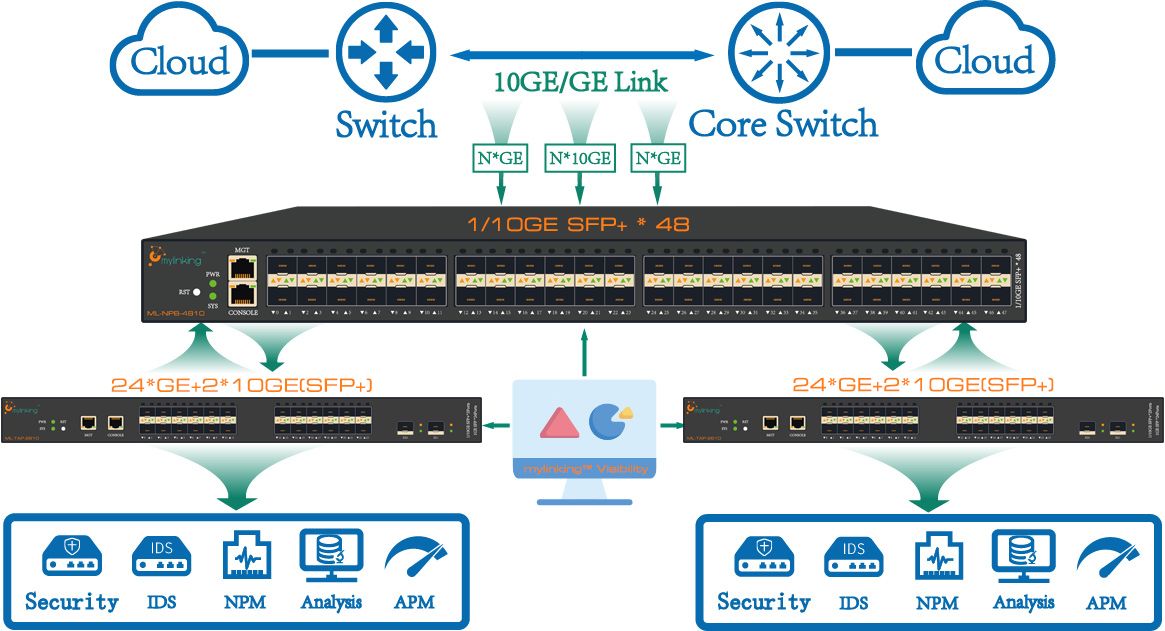
4.6 Mylinking™ Network Packet Broker Data Masking Application(as following)
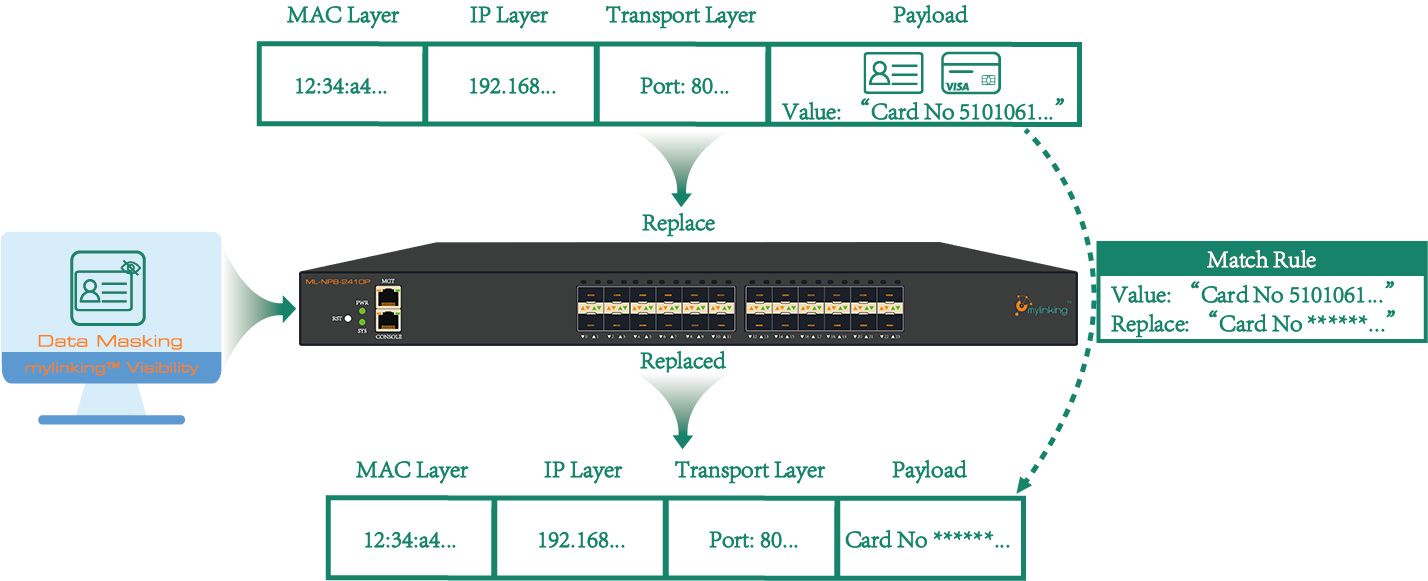
5- Specifications
| Mylinking™ Network Packet Broker (NPB) Functional Parameters | ||
| Network Interface | 10GE SFP+ ports | 24 * SFP+ slots; support 10GE/GE; support for single and multi-mode fiber |
| Out of Band management interface | 1* 10/100/1000M electrical interface; | |
| Deployment mode | 10Gigabit spectral capture | Support 12*10GE bidirectional fiber links capture |
| 10Gigabit Mirror span capture | Support up to 24 mirror span traffic ingress | |
| Optical Splitter input | Input port can support single-fiber ingress; | |
| Port multiplexing | Support input ports simultaneously as output ports; | |
| Traffic output | Support 24 *10GE ports traffic output; | |
| Traffic replication / aggregation / distribution | support | |
| Link QTYs supporting Mirror replication / aggregation | 1 -> N link traffic replication (N <24) N-> 1 link traffic aggregation (N <24) G Group(M-> N Link) traffic replication and aggregation [G * (M + N) <24] | |
| Distribution based on traffic identification | support | |
| Distribution based on IP / protocol / port Five tuple traffic identification | support | |
| Distribution strategy based on protocol header the key labeled traffic identifies | support | |
| DPI Analysis | Supported transport layer protocol proportion analysis, unicast broadcast multicast proportion analysis, IP traffic proportion analysis, DPI application proportion analysis. Supported data content based on sampling time of traffic size analysis rendering. Supported data analysis and statistics based on session flow. | |
| Ethernet encapsulation independence | support | |
| CONSOLE network management | support | |
| IP/WEB network management | support | |
| SNMP network management | support | |
| TELNET/SSH network management | support | |
| SYSLOG protocol | support | |
| User authentication function | Password authentication based on user name | |
| Electric(1+1 Redundant Power System-RPS) | Rated supply voltage | AC110-240V/DC-48V [Optional] |
| Rated power frequency | AC-50HZ | |
| Rated input current | AC-3A / DC-10A | |
| Rated power function | 200W | |
| Environment | Operating Temperature | 0-50℃ |
| Storage Temperature | -20-70℃ | |
| Operating Humidity | 10%-95%,Non-condensing | |
| User Configuration | Console Configuration | RS232 Interface,115200,8,N,1 |
| Password authentication | support | |
| Rack Height | Rack space (U) | 1U 485mm*44.5mm*350mm |